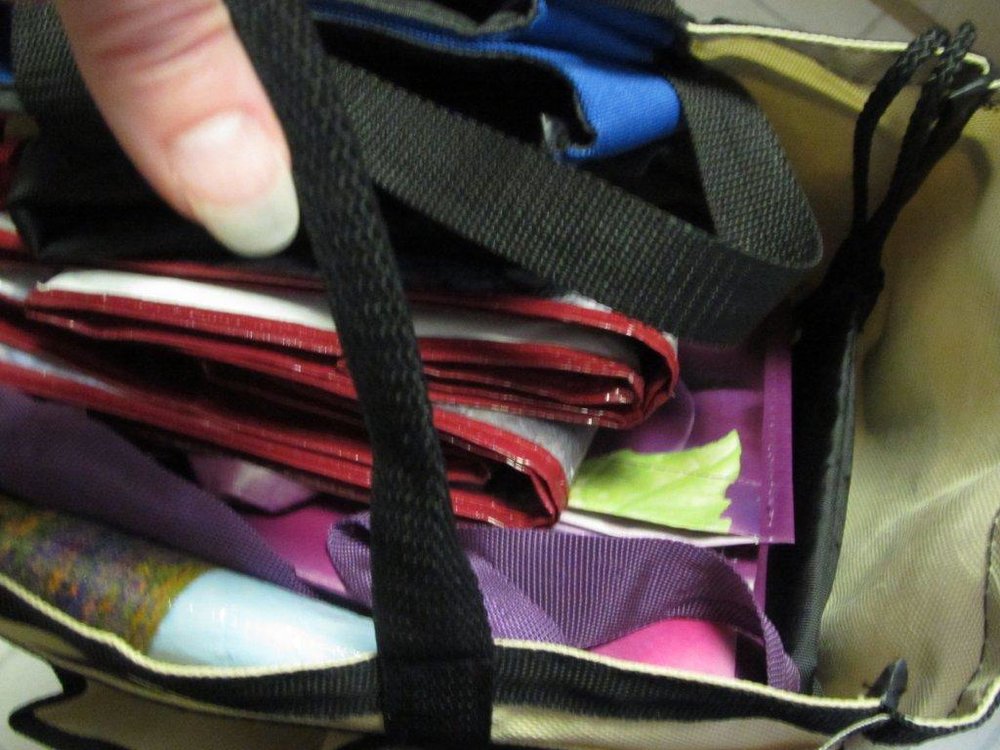Saturday Mornings at 10 AM
/ What are you normally doing at 10 AM on Saturday morning?
What are you normally doing at 10 AM on Saturday morning?
Are you sleeping in…getting children to a practice/lesson/event…shopping or running errands? Is it different every Saturday or pretty much consistent?
For years - I was putting away groceries. Saturday morning was my time for weekly grocery shopping. I always did it as early as I could along with the other errands of the week. Generally I was done and home right around 10 AM. It was a very regular rhythm.
Now - I do my grocery shopping on a weekday morning and avoid the Saturday shoppers. That leaves my Saturdays in the ‘different every week’ category. Sometimes there is a scheduled community event on Saturday. 10AM is about the earliest they start. There are some Fall Festivals coming up that I’d enjoy; I’ll have to put them on the calendar as I hear about them.
Taking a time check like this highlights how significantly my life has changed over the past months…and it’s all for the good!

























